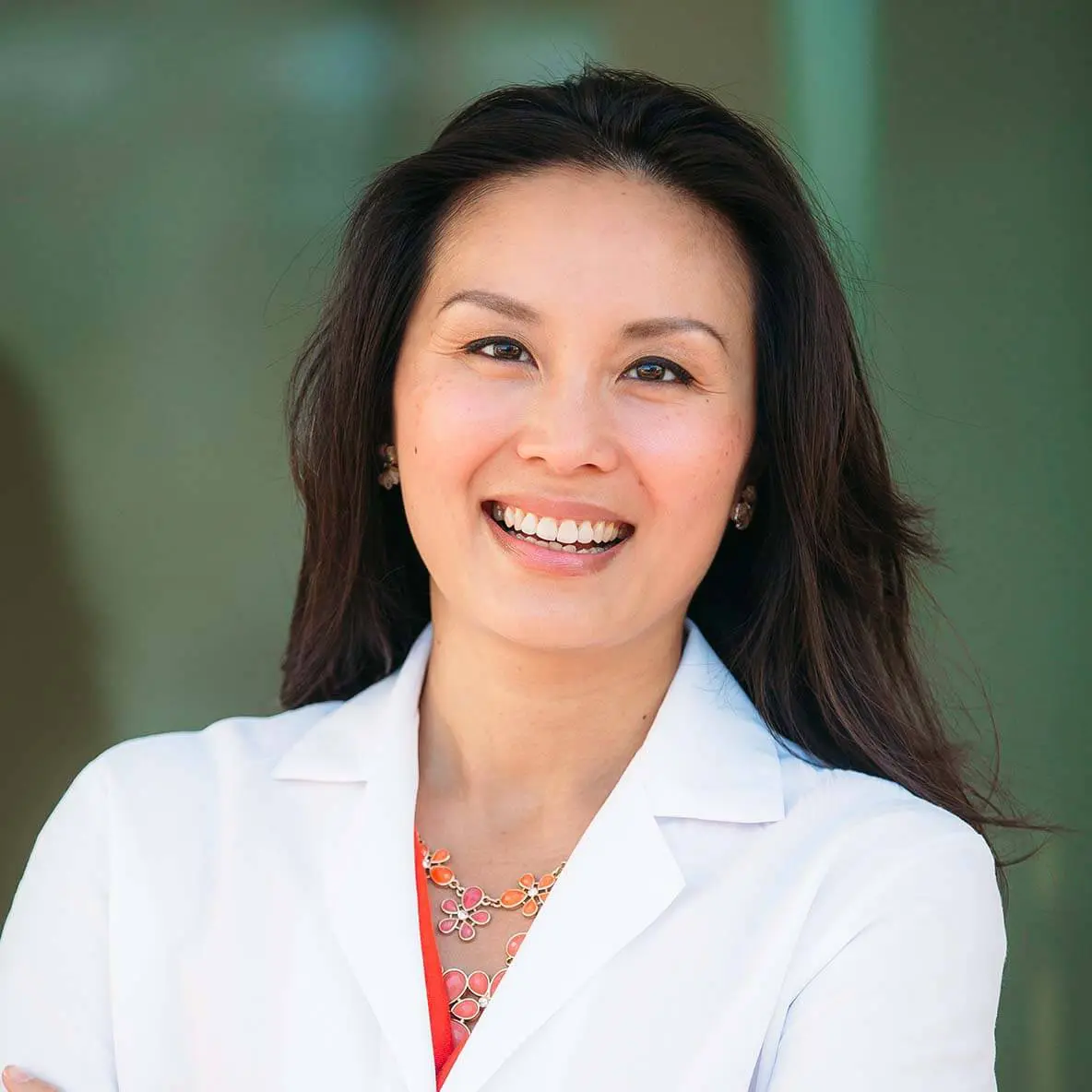How the body chooses an egg to ovulate or release is very complicated. One in eight couples struggle with infertility for a number of different reasons—and this is unique to humans and not found in any other mammal species.
For animals, reproduction is much more predictable and consistent. However, for humans, this process is much more delicate and inefficient. Generally women are born with all of their eggs for their lifetime. When puberty starts, the body recruits a group of eggs that could grow but usually only one is selected to be the one that is released and the others are no longer available for any future cycles. If no pregnancy occurs, then a menstrual period occurs about 2 weeks after ovulation and this completes a menstrual cycle. As a woman gets older, naturally the selection of eggs becomes less over time and the group of eggs recruited each cycle is smaller.
Understanding why some women are fertile into their 40s, while others stop releasing eggs consistently each month in their 20s is sometimes unknown. The quantity and quality of eggs can be influenced by other factors, such as premature ovarian failure, early menopause, and other health issues such as autoimmune disorders, cancer treatment, or surgery that involves the ovaries. The most important thing to know is that your body does not produce more eggs, nor is there any available treatment to increase the quantity or quality of your egg supply; therefore, being proactive by getting ovarian reserve testing can make all the difference.
How do I know how many eggs I have left?
There is no one perfect test for ovarian reserve, or one that can tell a woman how many eggs she has left, or if the egg she is releasing any given month is a healthy one. Several tests are used routinely as indirect measures of ovarian reserve, but these tests do not tell us the actual quantity of eggs available. Some common tests that your doctor may order include baseline follicle-stimulating hormone (FSH) and estradiol levels, anti-Müllerian hormone (AMH), and antral follicle counts.
FSH comes from a gland in the brain called the pituitary gland. Baseline FSH levels within a few days of the first day of a woman’s menstrual cycle give us an estimation of how hard this gland has to work to stimulate the ovaries to mature an egg. If it is low or less than 11, this is reassuring and suggests that the body should respond to fertility treatment to stimulate the ovaries. When it is high, this is less reassuring as the gland must work very hard to mature an egg.
AMH is produced by the small follicles that contain the eggs in the ovaries, so the more follicles, the higher the AMH value. Having a high value is good (opposite from baseline FSH levels.) Likewise, your doctor may count the number of follicles seen on ultrasound in the beginning of a cycle, or antral follicle count, to gauge how many eggs the ovaries have recruited that month. When there is a healthy selection of follicles, there are more eggs to choose from that cycle.
Whether you’re currently trying to conceive or you’re not planning on conception right away and interested in possibly freezing your eggs (and you’re in your early- to mid-30s) we encourage you to inquire about ovarian reserve testing. Decades of research have demonstrated that ovarian reserve is the best predictor, other than age, for future pregnancy and, if necessary, future treatment outcomes in patients with infertility.
At our center, we can order a test called the Ovarian Assessment Report (OAR) by ReproSource that measures egg supply by assessing several of the reproductive hormones discussed above, along with your age, in order to determine the status of your egg supply. It is the first ovarian assessment that provides a consistent laboratory result. What you learn about your egg supply can serve as a baseline to compare against future tests.
For women who are not looking to conceive right away, because birth rates decline as women age due to the changes in egg quantity and quality that naturally occur, egg freezing offers women an opportunity to preserve their eggs when they are of better quality and are more numerous, in the event they have trouble conceiving later in life and their egg supply and/or quality are found to be the cause. In fact, we counsel all women who come to us for egg freezing (fertility preservation) that the most common outcome for them is natural pregnancy without the need for using the frozen eggs. However, for those who do need their previously frozen eggs, this is a resource that cannot be replenished.








